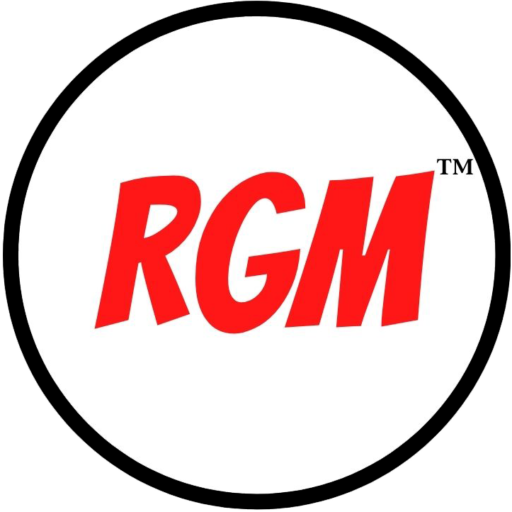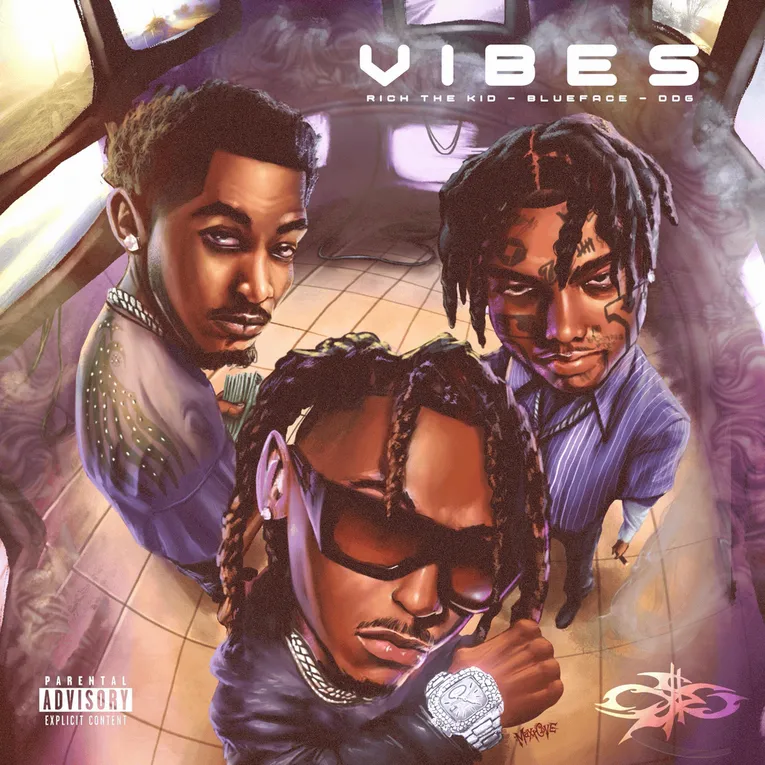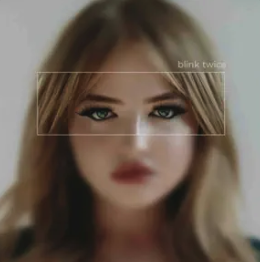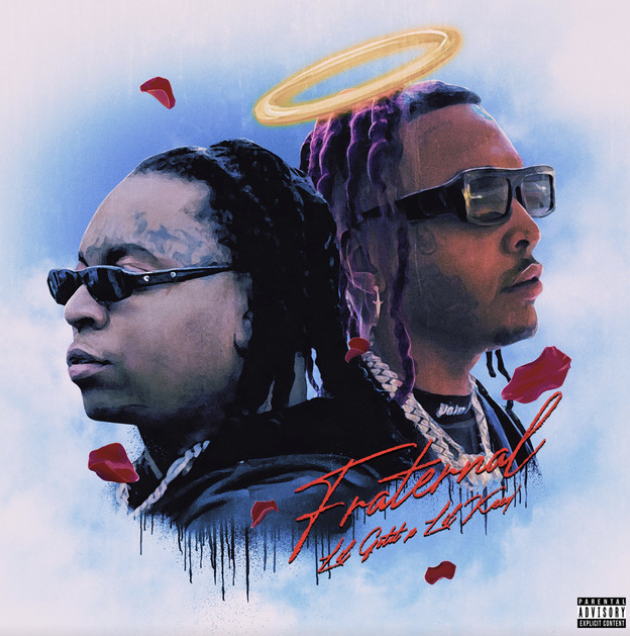
What makes Deadpool work?
As a comic book character, the Merc with a Mouth has been around since 1990, and that’s incredibly fitting. Created by Rob Liefeld and Fabian Nicieza, the character is a potent encapsulation of ’90s irreverence and extremism, with a touch of Y2K paranoia practically emanating from the comic book pages. Deadpool was the perfect character for that moment in time—a fourth-wall-breaking figurehead for a generation of readers who were tired of the grand, overtly serious comic book stories that dominated the genre.
In 2016, history repeated itself. With Tim Miller’s Deadpool, the character reached a much wider audience in a context that was both different and familiar. As Marvel and DC released films like Captain America: Civil War and Batman v. Superman: Dawn of Justice, Miller’s Deadpool offered a welcome breath of fresh air. It embraced and ridiculed the superhero genre in a subversive fashion, providing a stark contrast to the more serious films.
The first Deadpool film still holds up remarkably well. Ryan Reynolds is perfectly cast as the smart-ass assassin, delivering one of the best performances of his career after years of trying to bring the project to life. Under Tim Miller’s direction, Reynolds walks the precarious tightrope of being a smarmy, fourth-wall-breaking character who ridicules comic book tropes while simultaneously delivering a story with genuine gravitas and pathos.
It feels like Reynolds and the team have been chasing that perfect balance ever since. The first Deadpool succeeded by differentiating between its emotive beats, which played out in flashbacks before Wade Wilson became Deadpool, and the crude humor and genre-skewering present in the main story. This differentiation worked in the film’s favor, making the blending of tones a challenge for subsequent works.
Unfortunately, this has never been more evident than in Deadpool & Wolverine. The film is tonally whiplash-inducing, devoid of coherent structure or form, and so dissonant that it frequently feels like the very kinds of films the first Deadpool was mocking.
TOP FIVE THINGS ABOUT “DEADPOOL & WOLVERINE”
5. WEAK SPOT: The Structure or Lack Thereof
For months now, the team behind Deadpool & Wolverine has been extremely cautious about spoilers, going so far as to show only the first thirty minutes of the film during press materials and junkets. In hindsight, this was likely a smart move, as the first act is easily the most enjoyable part of the film. While it isn’t great by any means, it does manage to convey a sense of excitement and joy, making you believe that the groundwork being laid will eventually lead to something meaningful.
Spoiler alert: It does not.
The pacing, momentum, and overall tone of Deadpool & Wolverine are so erratic that it becomes maddening. Every time it seems like a meaningful story beat is about to propel the narrative, themes, and characters forward, it doesn’t. Instead, the movie’s script, written by multiple contributors, spends an interminable amount of time meandering in a literal and metaphorical void. Motivations are indiscernible and inconsistent from one shot to the next, much less from one scene to the next. It feels as if the film’s narrative was mapped out based on the availability of the actors for their various cameo roles, with the fractured shooting schedule dictating the pace and rhythm of the story itself.
The result is a film that, much like its central character, feels like it is endlessly filibustering. Numerous story conflicts come, go, and then reappear a few scenes later, making the whole thing feel aimless and wandering. This makes the film’s barely over two-hour runtime feel substantially longer than it should.
4. Hugh Jackman is an All-Timer, No Matter the Circumstances
It pains me to say it, but there is not a single element of Deadpool & Wolverine that I enjoyed wholeheartedly. For every entertaining or thrilling moment, the film would inevitably burden itself—and me as a viewer—with a veritable cavalcade of things that negate and detract from that fleeting sense of joy. Surprise cameos that should be fun instead devolve into painstakingly adapted Reddit theories from half a decade ago. The rare action sequence that feels cohesive or impactful will inevitably end on one of the single worst images of the entire film (this happens twice).
This is true even for Hugh Jackman as Wolverine. He is genuinely incredible and far and away the best element of the film. He brings the gravitas and pathos you’d expect, but with a raw emotionality and intensity that you might not. Deadpool & Wolverine is at its absolute strongest when director Shawn Levy simply captures Jackman’s performance in an unobtrusive way.
Throughout the entire film, Jackman delivers great work, but frequently, Levy and the team seem entirely uncertain of what to do with it in the context of the larger film. There is a real sense of camaraderie and chemistry between Jackman and Reynolds onscreen that is palpable, and I so wish the film had leaned more into that. But alas, it does not.
3. WEAK SPOT: Breaking Its Own Back For Nothing (Cameos Galore)
Speaking of which, Deadpool & Wolverine tries to be a lot of different things. The multi-year gestational period between Deadpool’s last film outing and this one is evident, even outside of Deadpool outright talking about it in the film’s opening seconds, because this film feels like a half-dozen different drafts of the script sewn incongruously together.
Deadpool & Wolverine wants to be a Deadpool and Wolverine team-up movie, a fond farewell to the 20th Century Fox-era of Marvel movie characters, an introduction of Deadpool to the Marvel Cinematic Universe proper, and a Wolverine film worthy of Jackman returning to put on the claws once more. On top of all these seemingly disparate and juxtaposed elements, it also has next to no internal structure whatsoever because it’s so busy breaking the back of its own story and bringing any sense of forward momentum to a halt with its gluttonous parade of cameos.
When Doctor Strange in the Multiverse of Madness came out, director Sam Raimi gleefully thumbed his nose at online fans practically begging for fan-cast cameos like John Krasinski as Reed Richards by giving them what they wanted only to then immediately take it away, swiftly reprimanding audiences for being so dull and insipid as to think their online whims would dictate a multi-billion dollar franchise. I loved it. However, it appears that Ryan Reynolds and co. did not love it, because so many of the Deadpool & Wolverine cameos read like Reynolds was busy cribbing notes from those same online fans to deliver on them in earnest here.
What’s worse is that practically none of these cameo characters shine even in their own right. The advertised return of Dafne Keen as X-23 from Logan lasts for a total of five minutes of screen time and is a complete waste, especially given the actress’ physicality and prowess in recent Acolyte episodes. Keen herself is great in an emotional scene with Jackman, but the character could be excised entirely from the film with little to no consequence. The same is true for every single one of these cameo roles. Again, the movie has to break its own back to fit these characters into the film in the first place. So what exactly is the point of this, if it weakens the film and you can’t even service those characters you’re weakening the film for?
2. WEAK SPOT: Deadpool as a Character
Deadpool simply doesn’t work in Deadpool & Wolverine.
So much of not just the pop-culture landscape but our world at large has changed in profound ways since the last time Deadpool was onscreen in 2018. While I’m not suggesting that a Deadpool threequel should tackle post-COVID storylines, the fact that our world and Deadpool’s fictional universe have both undergone substantial upheaval is worth noting. However, Deadpool & Wolverine shows zero interest in exploring that parallel.
Instead, Deadpool as a character has completely atrophied, with both he and Ryan Reynolds seemingly stuck in the same semi-self-aware rut for the foreseeable future. There’s even a subplot in the film about how Deadpool’s shtick has worn thin, both within the narrative and outside it. But rather than turning this thread into something meaningful, Deadpool & Wolverine opts to keep Deadpool as the same stagnant character throughout.
Deadpool’s stagnation isn’t inherently a problem, but the fact that Deadpool & Wolverine doesn’t acknowledge it as such is a significant issue. The film goes out of its way to lay on the schmaltz and tries hard to sell a big emotional arc for the character. However, when Deadpool’s performance and one-liners remain fundamentally unaltered for the entire duration, it never even begins to feel like the character has actually been affected or changed by anything happening in the story.
1. WEAK SPOT: The Broadest Strokes Imaginable
And that previous point hints at a larger issue. For a character and franchise known for being irreverent, post-modern, and meta, every time Deadpool & Wolverine attempts to evoke genuine emotion (outside of Hugh Jackman’s performance), it does so in the schmaltziest, cheesiest, and laziest ways possible. The film paints in the broadest strokes imaginable, resulting in a complete loss of nuance, delicacy, or subtext.
When there’s an emotional scene or speech in Deadpool & Wolverine, sad strings and twinkling high piano notes accompany it on the soundtrack, attempting to elicit a base reaction from the audience in the most garish form. When there’s a joke to undercut an emotional beat, the music abruptly cuts off like a percussive downbeat, signaling to the audience that they should laugh. If the film tries to sell a big emotional moment for a legacy character, it employs the trademark Shawn Levy trick (you could play a drinking game with this in his episodes of Stranger Things) where the edit screeches to a halt to play a “best-of” compilation of scenes from earlier in the franchise or even earlier in this very film, as if the audience were incapable of drawing those connections themselves.
RGM GRADE:
(D+)
I think Deadpool himself would appreciate his first Disney-funded venture getting a grade that could also double as an abbreviation of the streaming service destined to house him for the rest of his natural life.
Deadpool & Wolverine ultimately proves incredibly underwhelming and deeply unsatisfying. Where the first Deadpool was an irreverent, low-budget breath of fresh air in an oversaturated genre, Deadpool & Wolverine is an egregious representation of the kind of overblown films this character used to openly mock.
By the second half of the film, it feels as though Deadpool himself has been worn down by the sheer monotony of it. The number of jokes drops to an all-time low, and Deadpool simply turning to the camera to apologize for what’s happening is the best he can muster in the form of comedy.
Discover more from RGM
Subscribe to get the latest posts sent to your email.










